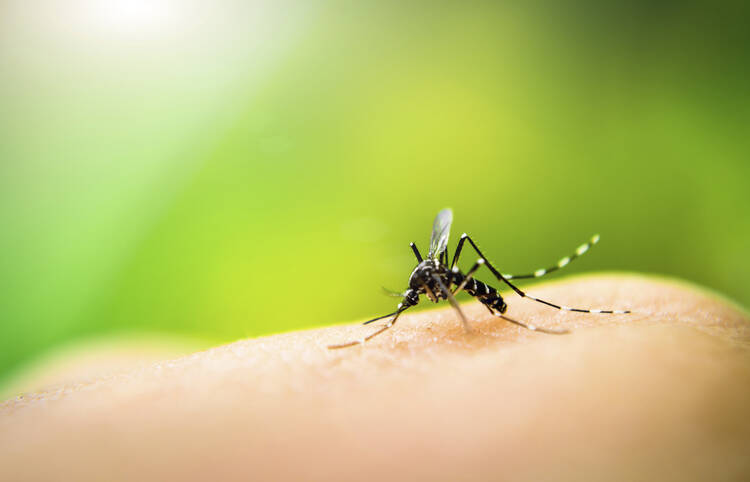The spread of the Zika virus, with its tragic effects on children developing in the womb, has invigorated discussion about preventing mosquito-borne diseases. In affected areas, mosquito-control measures, like spraying and eliminating standing water, help to slow their advance. But there are more radical options being considered that would drastically reduce the population of disease-bearing mosquitoes, perhaps even deliberately driving entire species toward extinction. Often, these methods involve genetic engineering to make mosquitoes produce sterile offspring.
The potential reduction in human suffering from eliminating disease-bearing mosquitoes would be vast, addressing not only the transmission of Zika but also of dengue fever, malaria and many other tropical diseases. The World Health Organization estimated that 214 million people were infected with malaria in 2015 and 438,000 died. Standard measures for mosquito control, even where effective, are harder to implement in poorer countries, as evidenced by the fact that 80 percent of all deaths from malaria occur in 15 African countries.
The near-total elimination of disease-bearing mosquitoes will have unpredictable and potentially unwelcome effects on plants pollinated by them and on animals higher up the food chain. But even if scientists can assure us that elimination of some types of mosquitoes carries small practical risks, questions remain about the wisdom of permanently destroying any part of creation. Human beings have eradicated viruses before. Smallpox and rinderpest are gone, and polio is following quickly; these are widely acknowledged as scientific and human triumphs. Whether or not the moral analogy can extend from disease-causing viruses to disease-bearing mosquitoes is a challenging question, which deserves careful attention from scientists, ethicists and theologians.








